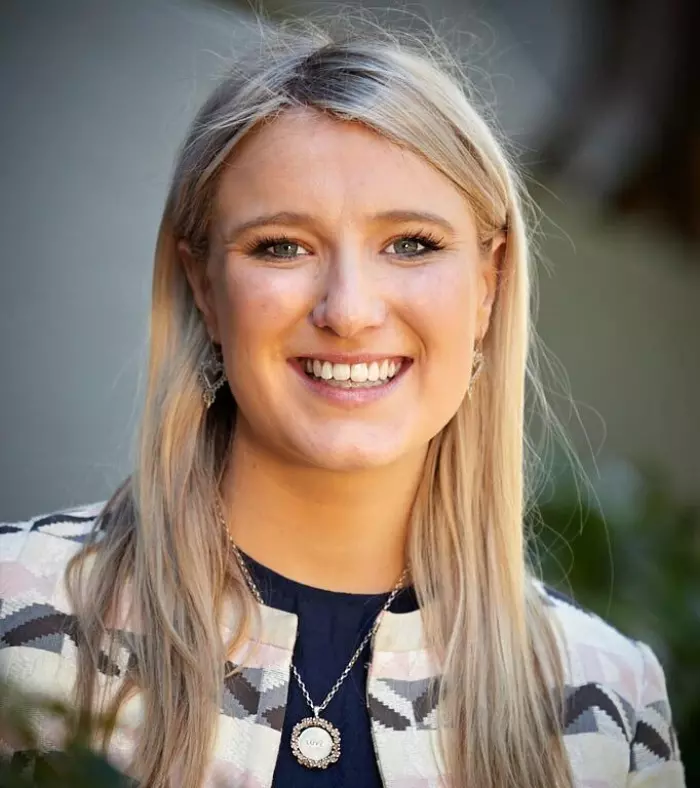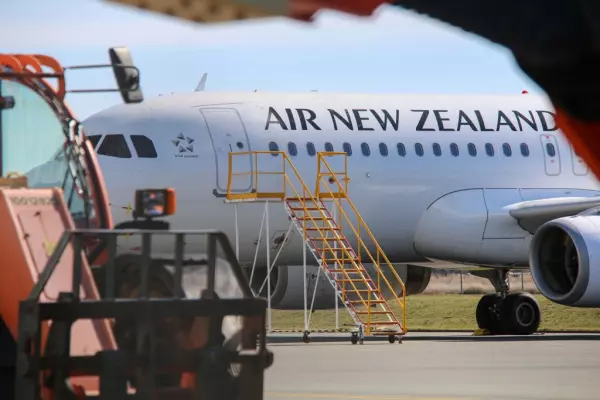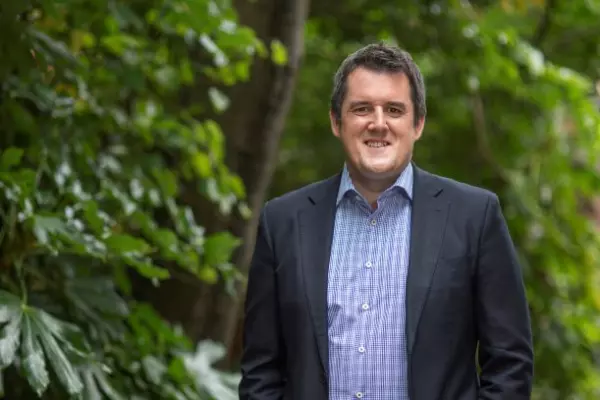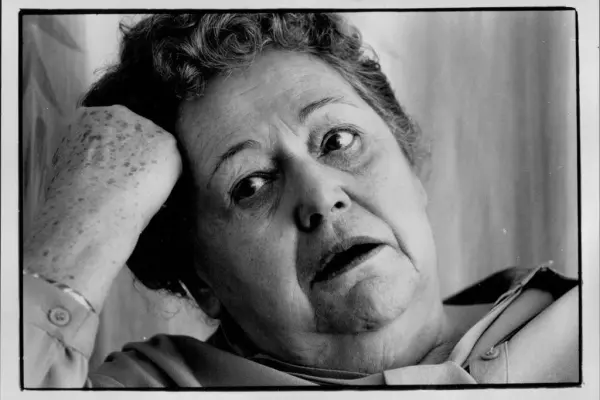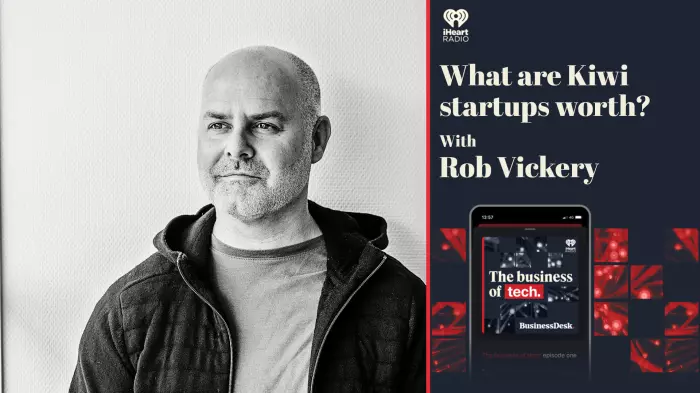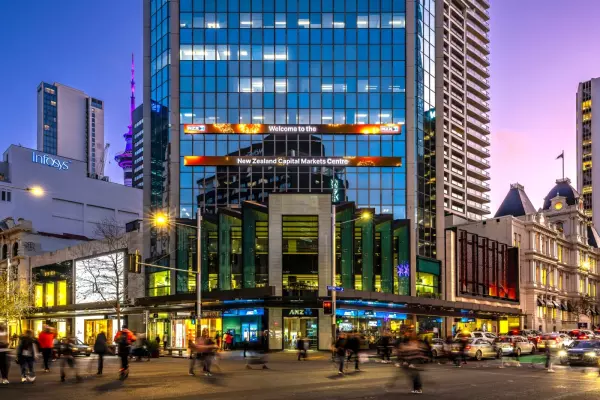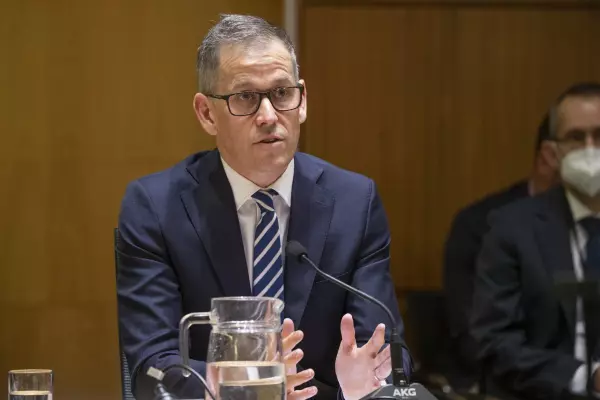A survey of legal workers has found compliance with minimum wage entitlements has improved this year, after a union campaign.
The Aotearoa Legal Workers' Union today released its Employment Information Report 2020. The data is somewhat self-selecting because the survey is distributed among the union’s 800 members.
However, the survey of 245 people who work at law firms (be it in legal or non-legal roles) is the best snapshot available of junior workers in the profession.
The survey found 15% of respondents who worked at large law firms thought they had worked for less than the minimum wage — last year the figure was 50%.
Union co-president Bridget Sinclair says her organisation couldn’t provide specifics but it had made more progress to advance legal action where the minimum wage had been breached.
“As it becomes less common [to underpay staff], we have more appetite from members to speak out, we will see that relatively shortly,” she told BusinessDesk.
The union’s next ambition is to see its workers collectively bargain for better work conditions in a profession that has traditionally seen staff work long hours in their early career years.
The survey found Bell Gully contracted its workers to work the longest hours, at 45 hours per week, above the rest of the major firms such as Buddle Findlay, Chapman Tripp, MinterEllisonRuddWatts, Russell McVeagh, Meredith Connell and Simpson Grierson where staff are contracted to work 37.5 hours.
Sinclair said 37.5 hours is now just a reality.
“I probably prefer the approach where firms tell legal workers what their job actually looks like so you know what your week will look like.”
Meredith Connell was the worst in terms of actual hours worked at 49.1 hours, slightly ahead of Bell Gully’s average of 49 hours.
The best of the private law firms — in terms of actual hours worked — is Simpson Grierson at 42.2 hours, while the public sector's Crown Law office was best at 40.7 hours actually worked.
While it is common for legal workers to work above their contracted rates, only 12% of respondents stated their employers had informal overtime arrangements.
Only one large law firm, Russell McVeagh, has a formal overtime policy for lawyers. It was recommended to have one by Dame Margaret Bazley after her report into the firm’s culture following allegations of sexual assault of interns.
The policy is that if an employee works more than 95 hours in a fortnight, they can get time off in lieu. If they don’t want to use it, they can get paid out 50% of their salary.
This means the worker has to work an extra 20 hours per fortnight before they are entitled to compensation. 3*
Buddle Findlay appears the best for bonuses, with 47% of respondents from that firm receiving one at a median bonus amount of $1,000.
The median bonus at Dentons Kensington Swan was the most generous at $7,500, and 33% of respondents said they received it.


